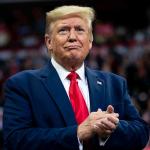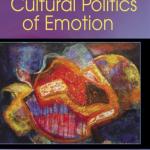In 2011, I attended Shimon Peres’s Presidential Conference, “Facing Tomorrow,” in Israel. Headliners included Tony Blair, Benjamin Netanyahu, Natan Sharansky, Sarah Silverman, and Shakira. Blair and Netanyahu were predictably fiery and challenging — Netanyahu almost had me believing. Silverman, note to future organizers, was surprisingly unfunny and uninteresting. Shakira was equally surprisingly articulate and passionate about the need to educate poor children; she also gracefully resisted her interviewer’s awkward insistence to shake her hips.
Dr. Ruth also gave some talks. A couple of decades ago I was waiting in line at the airport between the diminutive Dr. Ruth and a giant Boston Celtic. I was playing basketball regularly at the time so I got some tips from the Boston Celtic on my jump shot. Dr. Ruth helped me with everything else.
Now, what was I talking about? Oh yes, religion, politics, Israel, and facing tomorrow.
One topic curiously absent in Israel’s Presidential Conference was religion. We heard from economists, political theorists, philosophers, government officials, business leaders, military strategists, professors, new technologists, scientists, comedians, writers and rappers. But the only keynoter with any religious bona fides was Chief Rabbi Jonathan Sacks of Great Britain. No religion, and in Israel of all places.
I attended a session on the future of the Occupied Territories, which never mentioned religion. So, in the Q & A, I asked the distinguished panelists how they thought religion factored in among the many sources of conflict between Israel and Palestine and how religion might figure into a solution. Blank stares ensued, then confessions of ignorance about the role of religion in the Middle East. How could such learned and important men (they were indeed all men) be unaware of and even unconcerned about the religious dimension of the political situation involving Israel and Palestine?
Read the rest here















